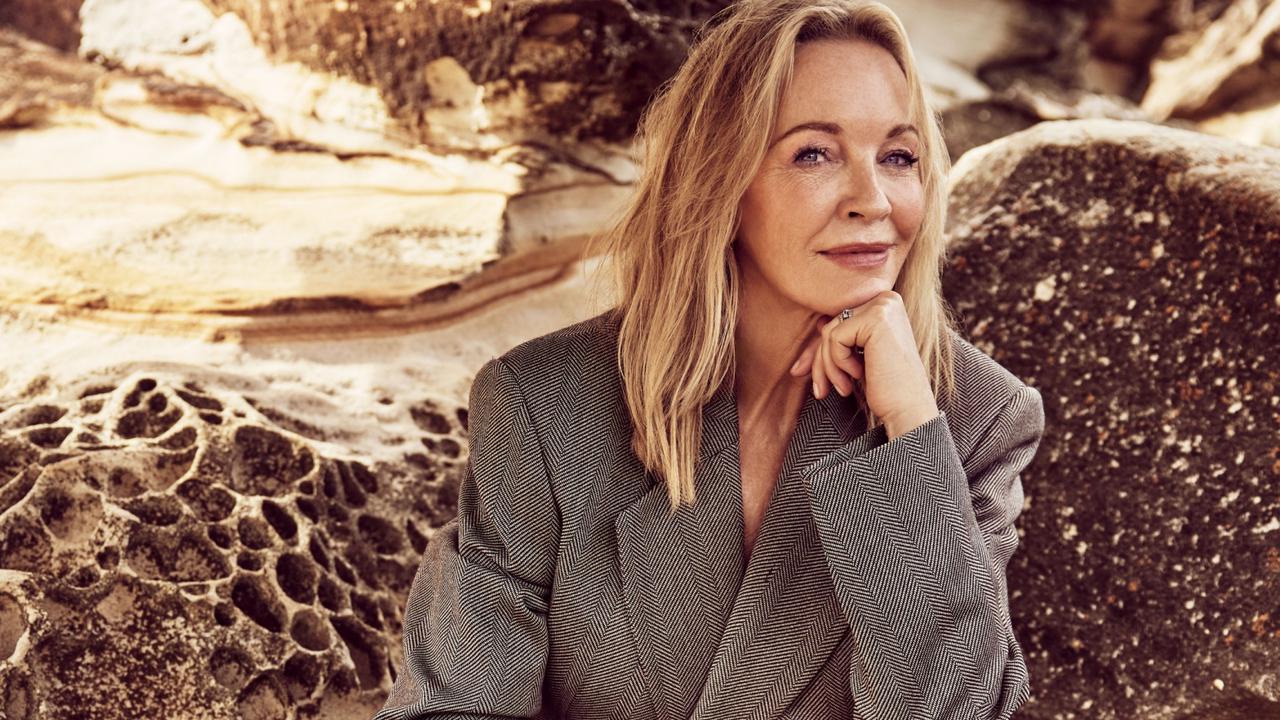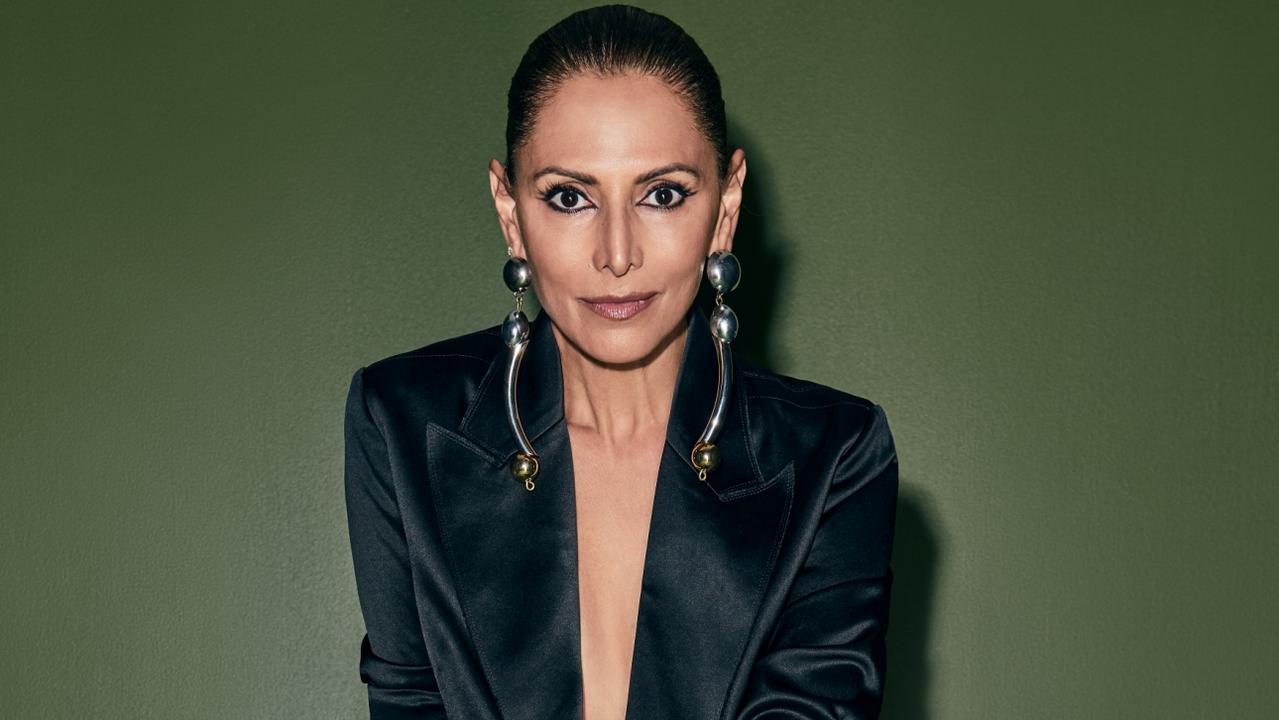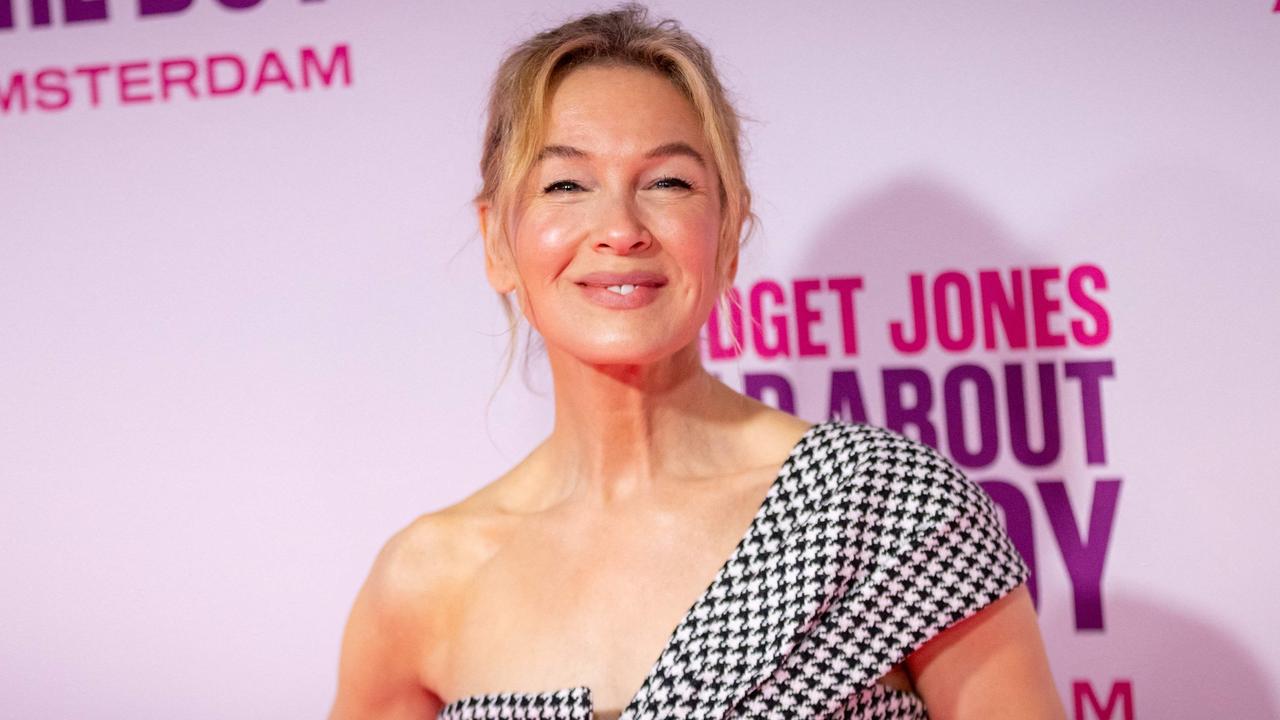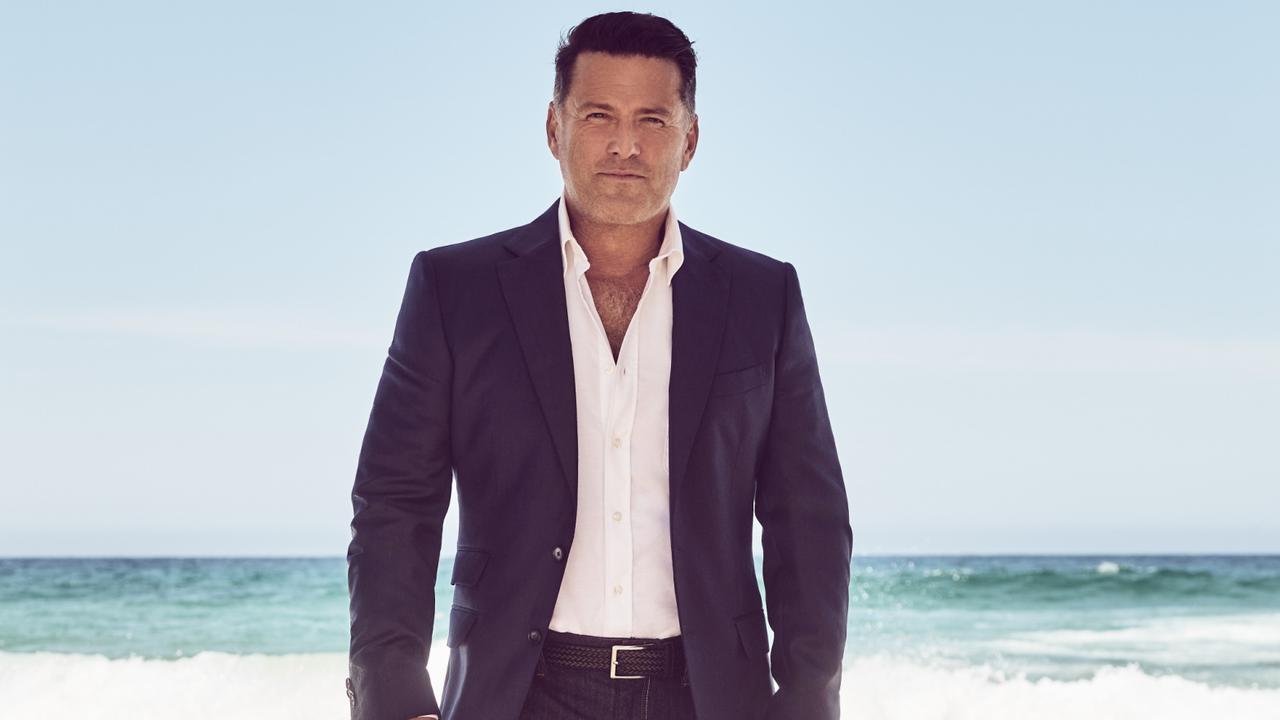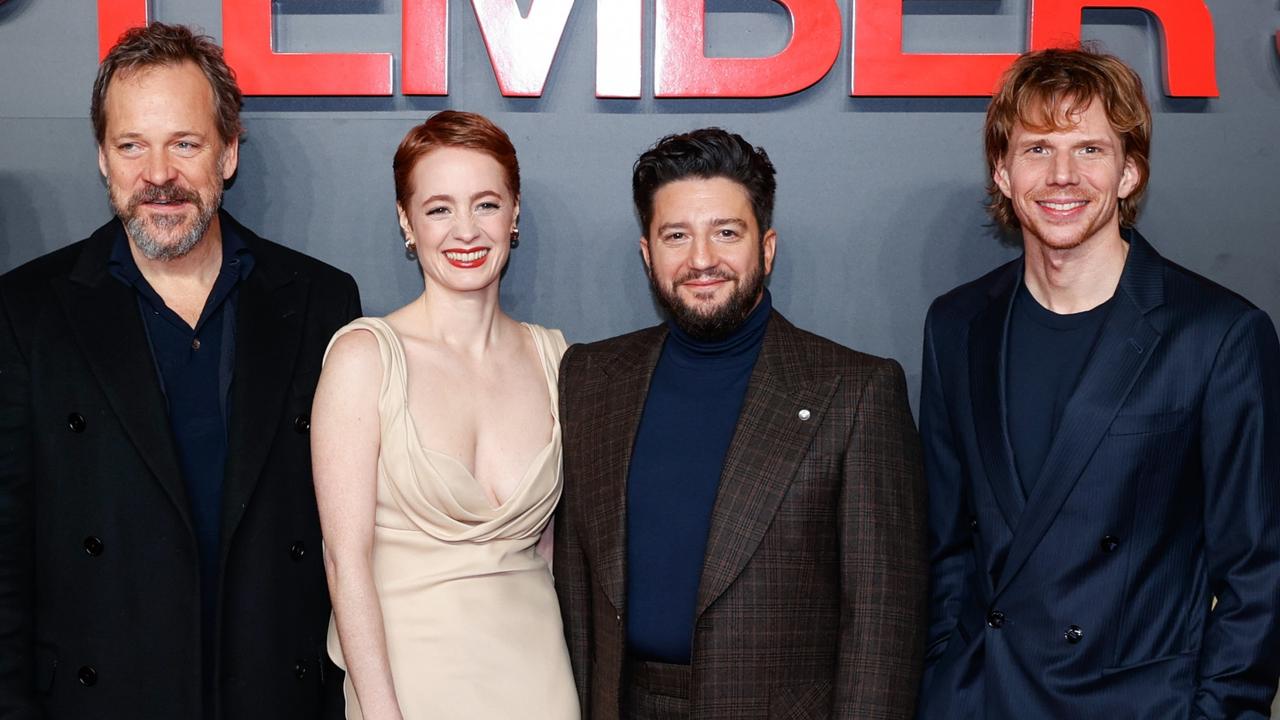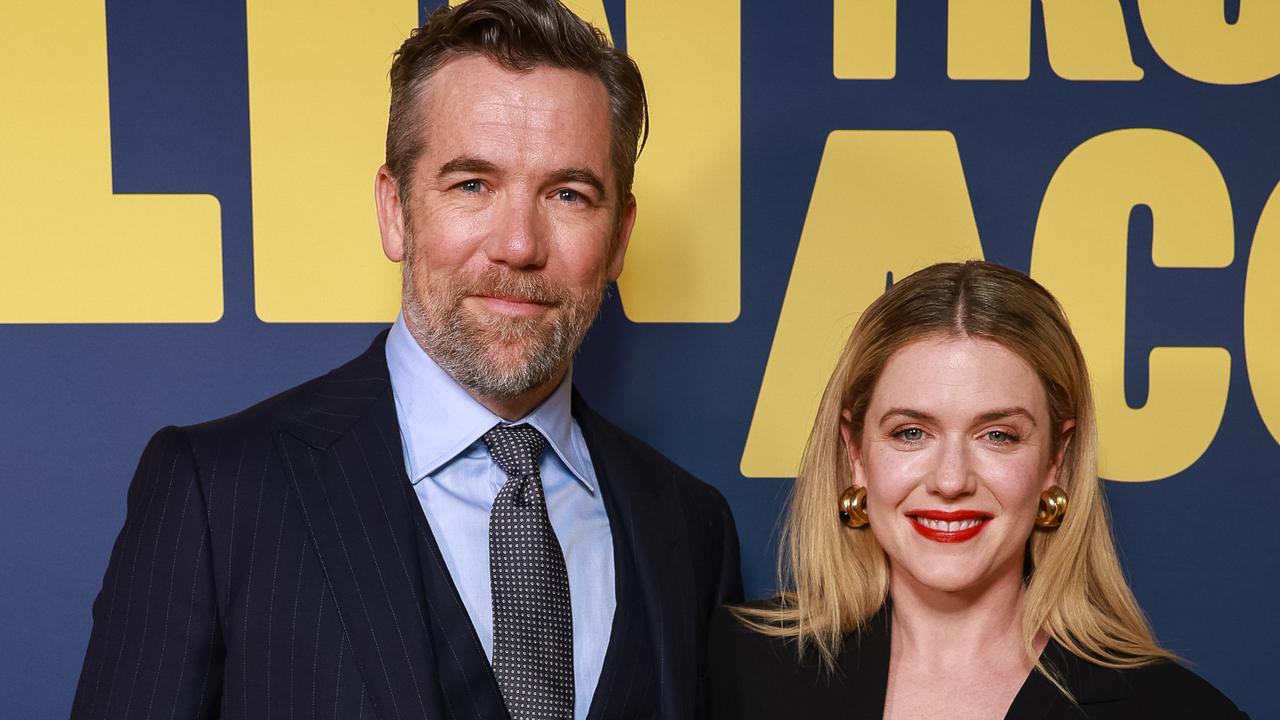Alanna Kennedy: ‘It was the hardest day of my footballing career’
Matildas star Alanna Kennedy has broken her silence on the concussion injury that forced her to miss out on the World Cup semi-final and her devastation over having to watch the biggest game of her career from her hotel room.

Stellar
Don't miss out on the headlines from Stellar. Followed categories will be added to My News.
As a female soccer player on a national team, there is no bigger stage than on a pitch at the FIFA Women’s World Cup. But after being sidelined by a concussion, Matildas star defender Alanna Kennedy could only watch last month’s semi-final from her hotel room. As she reflects on the team’s history-making run and looks ahead to charting the way forward for women’s sport in Australia, Kennedy tells Stellar, “For a lot of people, the Matildas are just arriving on the scene. It feels like the start of our journey”
The Matildas had two goals they wanted to achieve at last month’s FIFA Women’s World Cup. The first was to win the whole thing. The second was to inspire a generation.
The first one didn’t quite come off, even if they did manage an epic run to become the first Australian soccer team in history to make a World Cup semi-final. Once there, they couldn’t get past the might of England. As for the second? Regardless of claiming any silverware, they certainly managed that.
Matildas jerseys have outsold Socceroos jerseys, thousands of fans swarmed the team’s hotels and airports to show support and a record 11.15 million Australians tuned into the broadcast of that semi-final, making it the most-watched television program since the TV ratings system started in 2001.
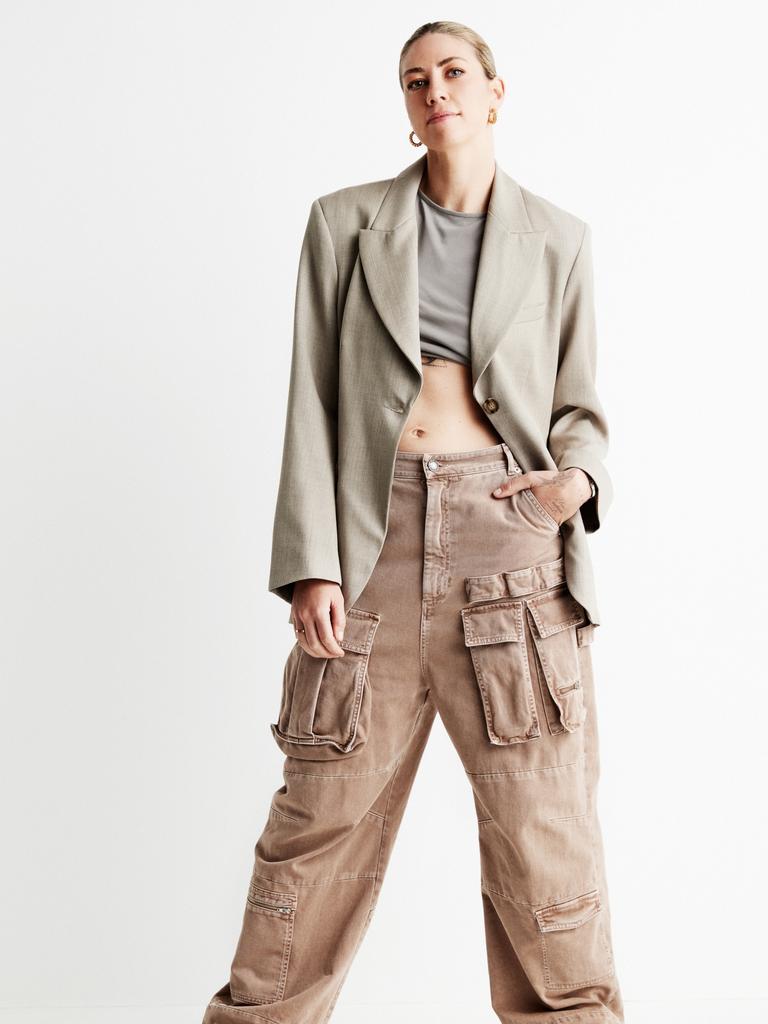
In a cruel twist of fate, star defender Alanna Kennedy was one of them. Just hours before the game, Kennedy – who made her Matildas debut at 17 and has played more than 100 games for Australia – was ruled out of playing in the biggest game of her career because of a concussion she’d sustained in a head clash with French striker Eugénie Le Sommer days earlier. Her symptoms were so heightened that she couldn’t even make it to the game to watch from the sidelines.
Matildas star Clare Polkinghore joins Stellar’s podcast Something To Talk About to reflect on the team’s determination to capitalise on their history-making World Cup run as they look ahead to the Paris Olympics. Listen below or wherever you get your podcasts.
“I’ve never watched the Matildas play on TV,” Kennedy tells Stellar, the emotion evident in her voice. “We saw from a distance the impact we were having and the amount of people who were getting behind us. As a player you want to be involved in those big games. If I’m being honest with you, it was the hardest day of my footballing career. I watched from the hotel room. I didn’t even make it to the stadium.”
Her disappointment aside, the 28-year-old – who also plays for Manchester City in England and had already overcome a horror year of injuries to make it into the World Cup squad – says she came away with a unique understanding of how thoroughly the team had managed to transform its standing with the Australian public.
“It was an interesting one, to watch the pre-game and see all the people flooding into fan zones to support us. To watch it through the lens of an Australian supporter was really cool. Outside of my hotel window I could see the fan zone. And watching the fans watch the game was surreal.”
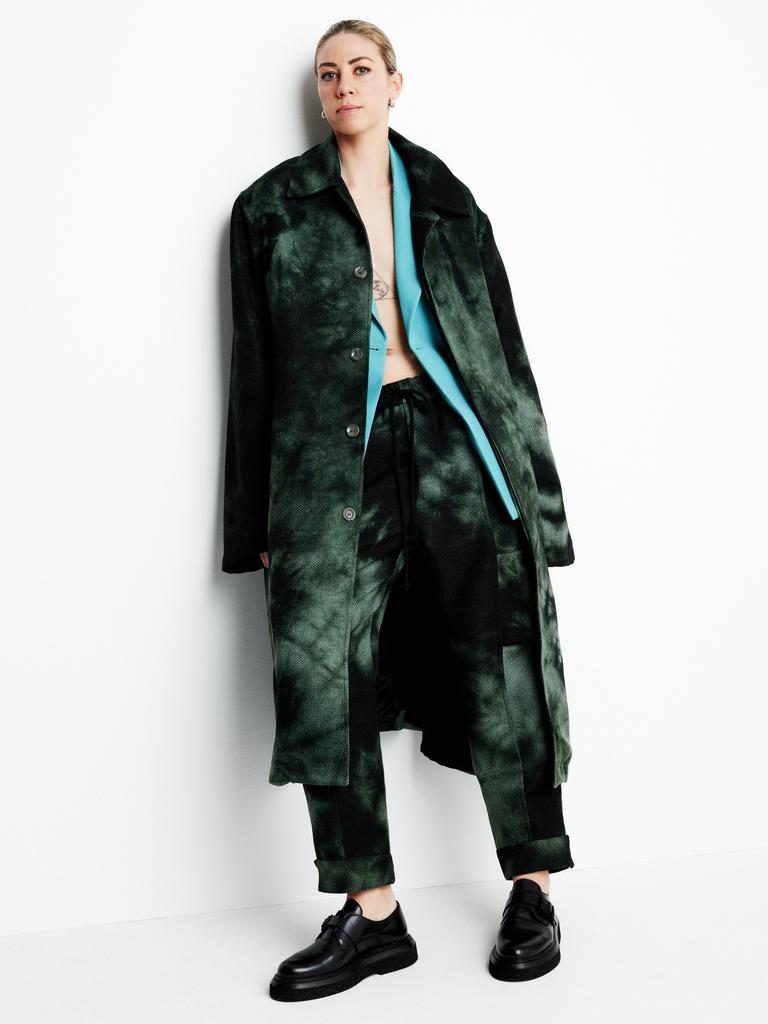
A month on from the team’s fourth place finish at the tournament, Kennedy believes it’s still too soon to fully comprehend all the team has achieved. “I look back on it with a lot of happy memories but then you revisit the moments where we lost certain games or we came so close but just fell short. Right when the nation was getting behind us and we were creating history and ready to create more, we lost the last two games,” she says. “But I also feel relieved. It’s a long time to be in such a high-pressure environment, and there are just so many emotions that you go through from here on a day-to-day basis.”
As an experienced player, Kennedy is already well-known in soccer circles, but there has been a dramatic shift in those who now recognise her in the street. Walking through an airport recently, she was spotted by a woman with three children in tow who approached to ask for a photo. “I thought, OK, she’s going to ask for the kids to get in – but it was for her,” Kennedy says, laughing at the memory.
“It has been a real change in people wanting photos more regularly. It’s little boys as well, and I love that. The demographic is so broad. That’s what football is about. It’s the world game. It’s a very inclusive space.
A lot of players are a part of the LGBTQIA+ community and I think this tournament has also brought attention to that. There are so many things that are bigger than football.
So to be a part of that moment is something that I’ll be grateful for. I’ll never forget the experience that we had at this World Cup.”
However, alongside the added attention came some uncomfortable intrusions into the players’ personal lives. A fan’s “WoSo Chart” that detailed the hundreds of queer relationships in the pro soccer world went viral during the tournament. Some criticised it as an unnecessary invasion of privacy.
As for Kennedy, she just wants the attention to stay on her playing ability.
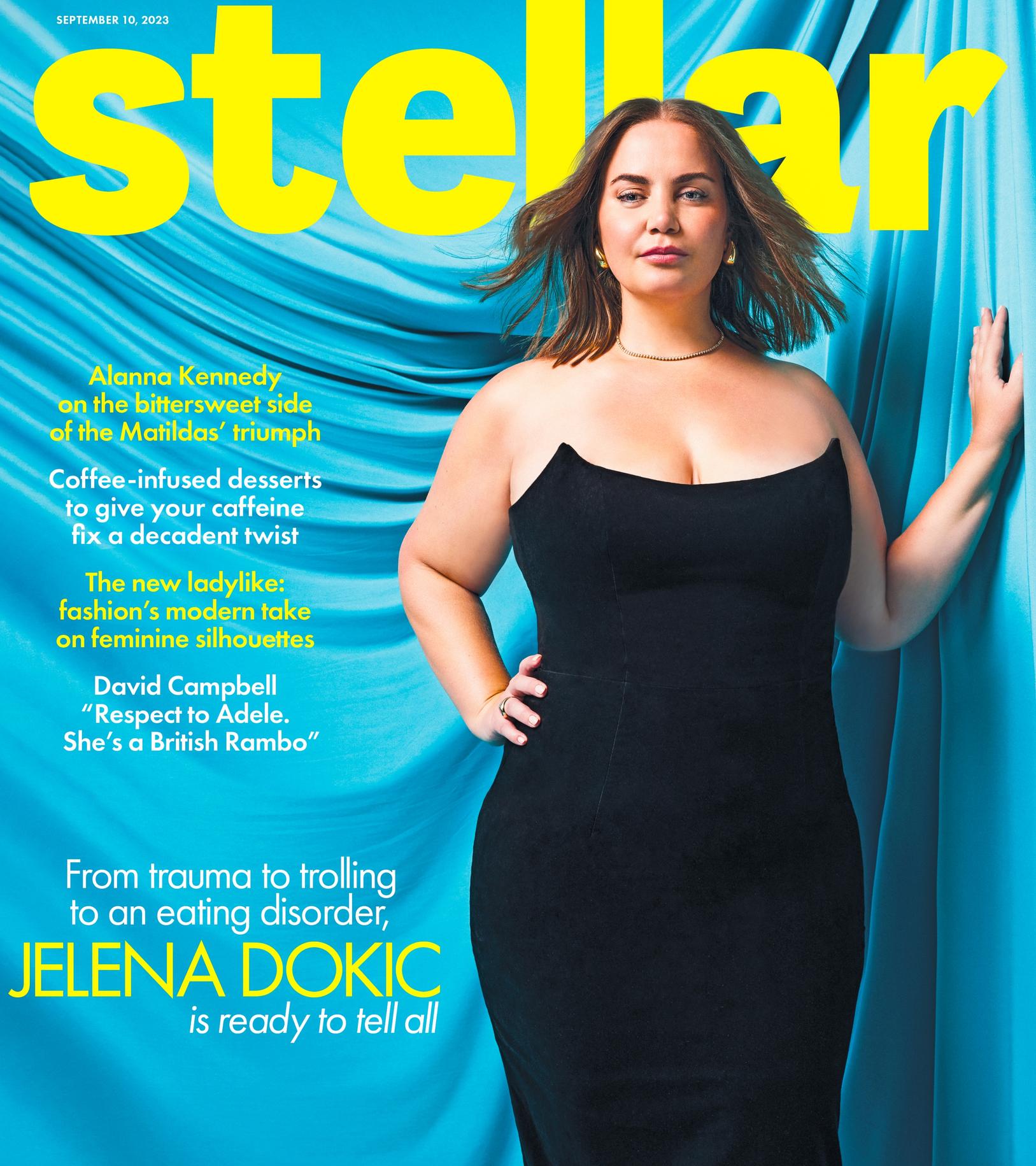
“It’s slightly different for someone who wants to share those things and that’s how they create their profile,” she points out. “But I think at the core for us is that we’re footballers first. That’s my passion. I like to express myself through fashion and my tattoos and jewellery, but for me, I have my circle of close friends and family and that’s so important to me. It’s hard when people delve into things that you’re not particularly willing to share. It’s important to protect our space so that we can focus on what’s really important, which is our football.”
Kennedy is doing just that, having spent a mere week in Australia post-tournament before flying to the UK to start training with Manchester City, where she plays alongside fellow Matildas star Mary Fowler. And she has nearly recovered from her concussion.
“My game heavily revolved around using my head. It’s probably one of my biggest strengths, my aerial ability. I’ve never experienced a concussion before [the World Cup] and for a couple of days I was unsure exactly what I was feeling. I was nauseous. I wasn’t myself,” she tells Stellar. “I’m pretty close to [feeling] normal now, if not back to normal, which I’m really grateful for because it’s not a nice feeling. No-one likes to feel distant from their normal selves.”
Kennedy is also eager to reunite with her teammates – or, as she calls them, “my best mates” – in October in Perth, where they hope to qualify for the 2024 Paris Olympics. But they’re also looking beyond next year.
“For a lot of people, the Matildas are just arriving on the scene and it feels like the start of our journey; we’ve gained a lot of traction and fans and support, and hopefully that can continue moving forward for the Matildas and women’s sport. [But] our goal hasn’t changed from wanting to win a World Cup, wanting to win an Olympics,” she says, adding that the players have been working towards those goals for their entire careers. “We have so many goals and ambitions that we’re yet to fulfil and I think we have the potential to. Now we just have more people supporting us and on the journey with us.
“You can’t look past how much of an impact the team has had across the nation,” she adds. “I was disappointed with how my World Cup ended, but then I look back, and at one point I was working really hard to even be in the squad. It’s all about perspective. I’m just super proud.”
Originally published as Alanna Kennedy: ‘It was the hardest day of my footballing career’


